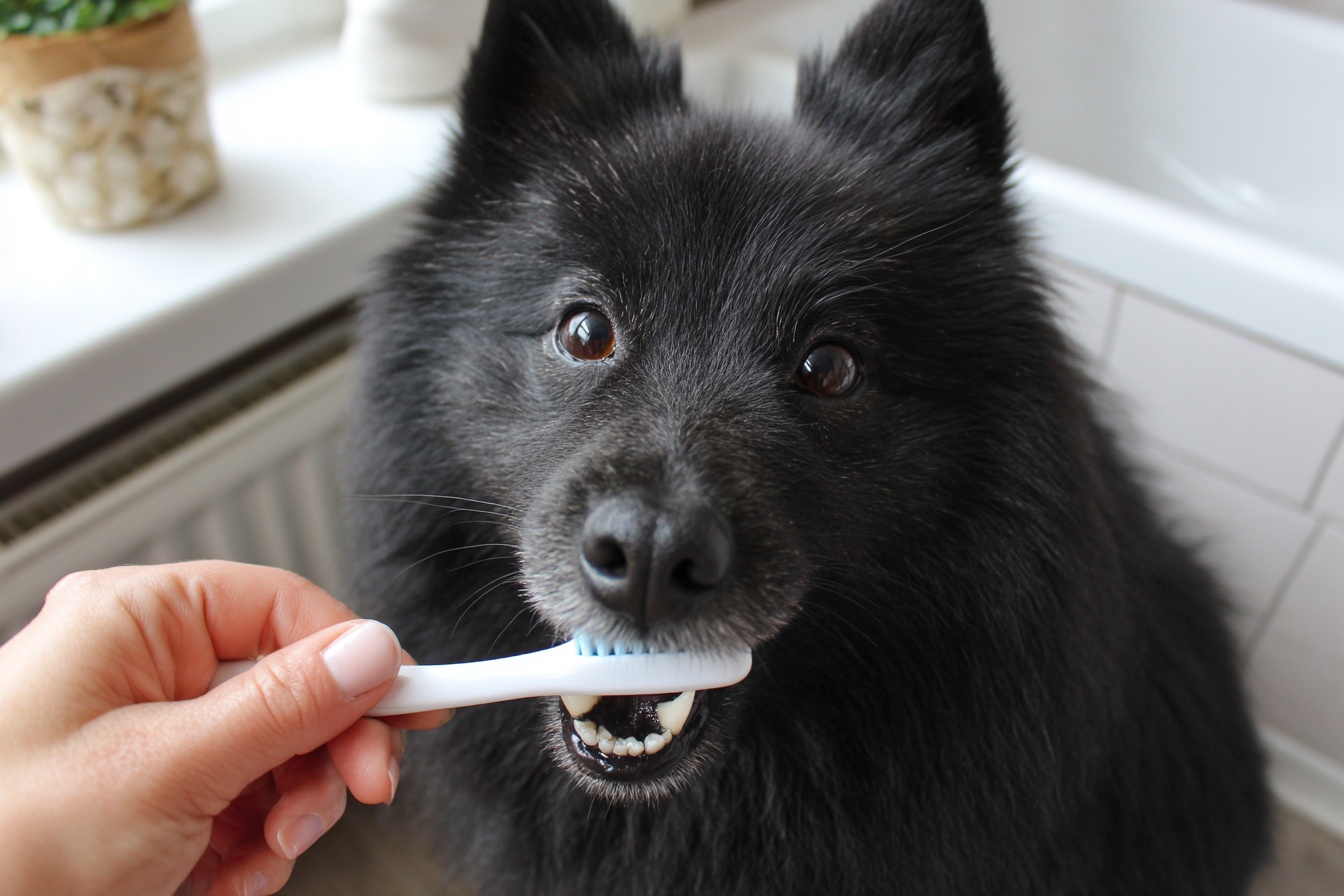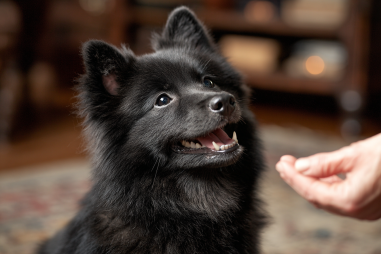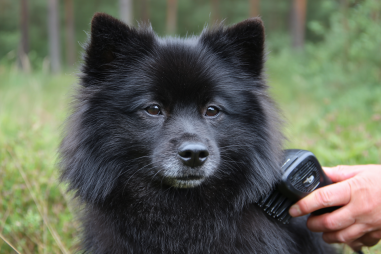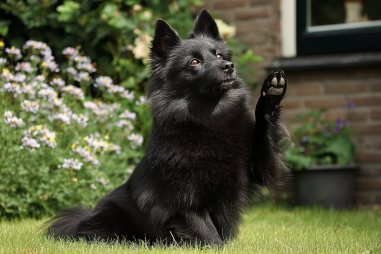Taking care of your Schipperke’s dental health is more than just a matter of fresh breath—it’s essential for their overall well-being. These lively little dogs are prone to dental issues like many small breeds, making regular dental care a crucial part of their routine. In this guide, we’ll explore why dental hygiene matters, how to recognize problems early, and practical ways you can keep your furry friend’s smile bright and healthy.
Why Dental Health Matters for Your Schipperke
Good dental health in dogs doesn’t just prevent bad breath; it plays a vital role in preventing more serious health concerns. In Schipperkes, plaque and tartar build-up can quickly lead to gum disease, tooth decay, and infections. If left untreated, bacteria from the mouth can enter the bloodstream and affect vital organs, such as the heart and kidneys.
Additionally, dental discomfort can cause your Schipperke to eat less or avoid certain foods, impacting their nutrition and happiness. Maintaining strong teeth and healthy gums ensures your dog remains energetic and pain-free, ready for all those playful adventures.
Recognizing Signs of Dental Problems in Your Schipperke
Early detection of dental issues makes treatment much easier and more effective. Keep an eye out for these common signs indicating your Schipperke may have dental problems:
- Bad breath: Persistent foul odor from your dog’s mouth can indicate bacteria accumulation.
- Red or swollen gums: Inflamed gums are a sign of gingivitis, a precursor to periodontal disease.
- Visible tartar: Yellow or brown deposits on teeth often mean plaque hardened into tartar.
- Difficulty eating or chewing: Reluctance or pawing at the mouth may signal pain or loose teeth.
- Excessive drooling or bleeding: These symptoms often point to irritation or injury inside the mouth.
- Loose or missing teeth: This is a clear indication of advanced dental disease requiring veterinary attention.
If you notice any of these warning signs, it’s time to schedule a dental check-up with your veterinarian. Early intervention can save your Schipperke unnecessary discomfort and maintain their oral health.
Effective Brushing Techniques and Schedules
One of the best ways to maintain your Schipperke’s dental health is by establishing a regular tooth-brushing routine. While it might seem challenging at first, with patience and positive reinforcement, most dogs get used to it quickly.
Getting Started
Begin by gently introducing your dog to the sensation of having their mouth touched. Use your finger or a soft cloth to wipe around their gums and teeth. Once they’re comfortable, switch to a dog-specific toothbrush and toothpaste. Please avoid human toothpaste, as it contains ingredients harmful to dogs.
Brushing Technique
- Hold the brush at a 45-degree angle to the teeth and gently brush in circular motions.
- Focus on the outer surfaces where plaque tends to accumulate, especially the molars and canines.
- Take your time and praise your dog throughout the process to create a positive association.
Brushing Frequency
Ideally, brushing your Schipperke’s teeth daily is best to keep plaque at bay. If daily brushing is not possible, aim for at least three times a week. Consistency is key to preventing tartar buildup and maintaining gum health.
Dental Treats and Toys for Healthy Teeth
In addition to brushing, providing your Schipperke with dental treats and toys is a great way to support oral hygiene. These products help reduce plaque and keep your dog’s teeth strong by promoting chewing, which naturally scrapes tartar off the teeth.
Choosing Dental Treats
- Look for treats approved by veterinary dental associations, often labeled with a seal of acceptance.
- Select treats specifically designed to clean teeth and freshen breath.
- Choose options with natural ingredients and avoid sugary treats that contribute to decay.
Best Dental Toys
- Chew toys made from durable rubber or nylon help strengthen teeth and gums.
- Textured toys create friction against the teeth, assisting plaque removal.
- Toys infused with antibacterial substances can provide added dental protection.
Always supervise your Schipperke during chew time to prevent choking hazards and discard worn-out toys promptly.
Professional Dental Cleaning: When and Why
While at-home care is essential, professional dental cleanings are often necessary for a thorough and safe cleaning—especially if tartar has accumulated below the gum line or if your Schipperke is showing signs of periodontal disease.
Veterinarians perform dental cleanings under anesthesia, allowing them to reach all areas of the mouth and remove stubborn plaque and tartar. They also check for underlying issues such as tooth decay, fractured teeth, or oral tumors.
Your vet might recommend professional cleanings annually or more frequently depending on your dog’s dental health. Early preventive cleanings can save you money and your dog discomfort in the long run.
Preventive Care Tips to Keep Your Schipperke’s Smile Bright
Beyond brushing, treats, and professional cleaning, there are other preventive measures you can take:
- Regular dental check-ups: Schedule routine vet visits to monitor oral health and catch any problems early.
- Balanced diet: Feed your dog a nutritious diet formulated for dental health if possible.
- Water additives: Some products can be added to your dog’s water to reduce bacteria in the mouth.
- Avoid table scraps: Human foods, especially sugary or sticky ones, can contribute to plaque buildup.
- Keep an eye on habits: Watch for chewing on inappropriate objects or signs of pain.
By integrating these habits into your dog’s routine, you help ensure their teeth and gums stay healthy throughout their lifetime.
Helping Your Schipperke Shine with a Healthy Smile
Schipperkes bring joy with their spirited personalities and affectionate nature, and a healthy smile makes them even more delightful companions. Paying attention to dental care might require some effort and patience, but it brings priceless rewards in preserving your dog’s health and happiness. Regular brushing, smart use of dental products, professional cleanings, and preventive care will keep your Schipperke’s teeth strong and breath fresh for many years to come.







